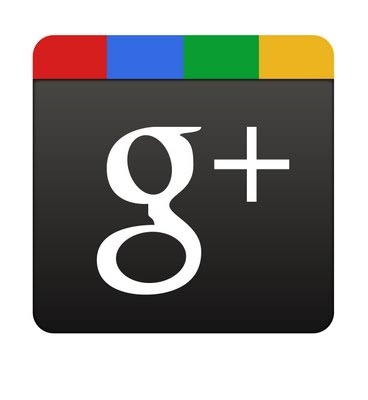 Yesterday, Google announced the new “Search plus Your World” update. The change, which is already live for some users, is gradually being rolled out over the next several days. Google will now make it easier for their users to locate Personal Results (user’s own photos and Google+ posts), Profiles in Search (network’s photos and Google+ posts), and People and Pages (topically related photos and Google+ posts).
Yesterday, Google announced the new “Search plus Your World” update. The change, which is already live for some users, is gradually being rolled out over the next several days. Google will now make it easier for their users to locate Personal Results (user’s own photos and Google+ posts), Profiles in Search (network’s photos and Google+ posts), and People and Pages (topically related photos and Google+ posts).
Google Fellow Amit Singhal said the following regarding the update:
“Search is still limited to a universe of webpages created publicly, mostly by people you’ve never met. Today, we’re changing that by bringing your world, rich with people and information, into search.”
Within hours of Google launching the new functionality, Twitter released the following statement:
“As we’ve seen time and time again, news breaks first on Twitter. As a result, Twitter accounts and Tweets are often the most relevant (search) results. We’re concerned that as a result of Google’s changes, finding this information will be much harder for everyone. We think that’s bad for people, publishers, news organizations and Twitter users.”
Although Twitter is attempting to convince web users that Google’s new search feature will make it more difficult to find information that is shared on Twitter, the update has done nothing to change accessibility to Twitter. However, the expiration of the real-time search agreement in July of last year DID affect both visibility and accessibility for web users.
Google quickly responded Twitter’ statement with the following Google+ post:
“We are a bit surprised by Twitter’s comments about Search plus Your World, because they chose not to renew their agreement with us last summer, and since then we have observed their rel=nofollow instructions.”
In an interview with Marketing Land, Eric Schmidt indicated that Google+ content is not begin treated more favorably than Twitter or Facebook. However, he did say that if Facebook or Twitter want to perform better in the search results that they should grant Google permission to access their content and data.
Will Critchlow, the founder of Distilled, expressed concern regarding the fact that Google owns a proprietary ranking signal, but emphasized the fact that online marketing is about humans not robots:
“At a strategic level, I think it’s just one more step towards an integration of all forms of online marketing. It’s going to be ever less about impressing robots and ever more about impressing humans.”
With this new update and other evidence pointing towards a more social search landscape, Critchlow’s advice to concentrate on impressing humans rather than robots is valid and worth listening to.
[Sources Include: The Official Google Blog, Cnet & EConsultancy]





![[SEO, PPC & Attribution] Unlocking The Power Of Offline Marketing In A Digital World](https://www.searchenginejournal.com/wp-content/uploads/2025/03/sidebar1x-534.png)